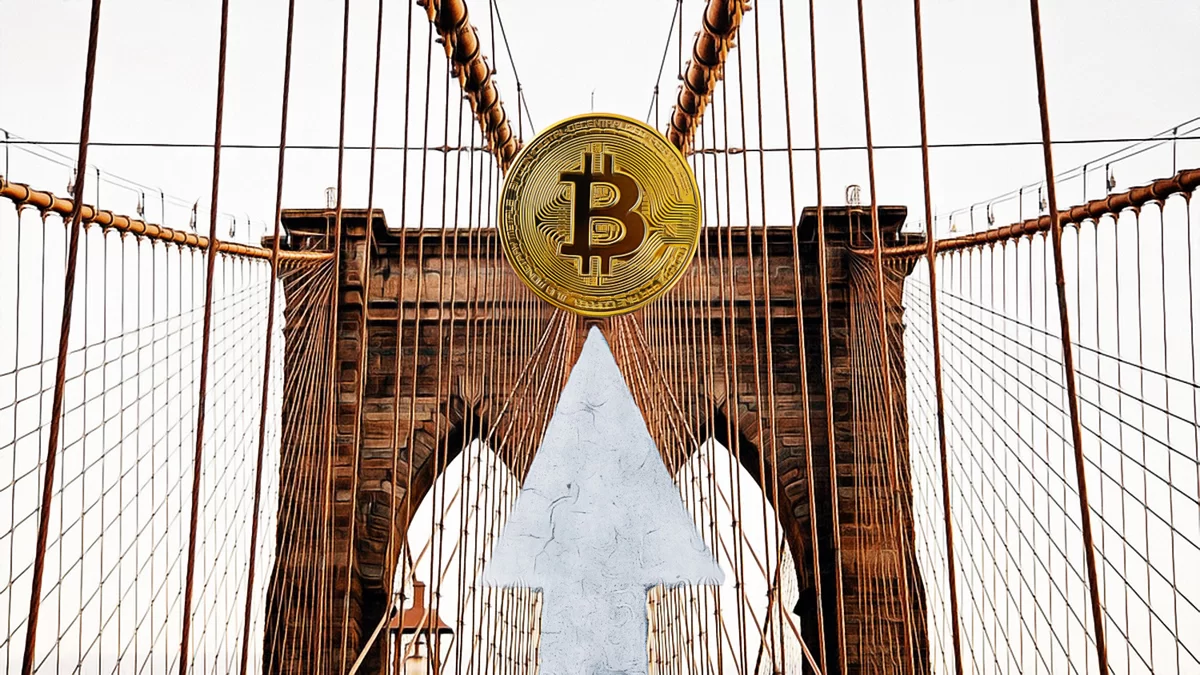Brian Brooks, the former CEO of Binance‘s US branch and partner at Valor Capital Group, believes that despite some US lawmakers arguing that net stablecoin regulation could be harmful to the financial system and the US economy, it would actually benefit the US dollar.
The Big Misconception of the US Government
Brooks, the former CEO of Binance US, stated in an interview with CNBC on August 11th that the Biden administration’s policy of being against stablecoins pegged to a fiat currency like the US dollar or another asset like gold is a wrong approach. He said, “If only the US government had created a legal framework that clearly regulated and supported stablecoins pegged to the US dollar, the demand for the US dollar could have increased. This would have been good for the global adoption of the US dollar. As long as governments allow the issuance of stablecoins, we will continue to have the cause-and-effect problem that we have today.”

Brooks also believes that the foreign demand for stablecoins pegged to the US dollar is a significant driving force in countries with high inflation where it can be difficult to open a bank account denominated in US dollars.
He added, “The demand for stablecoins will lead to a renewed interest in the US dollar at a time when governments around the world are looking to move away from the US dollar. This is really an important policy issue. It’s not about crypto, it’s about the role the US plays in the financial system.”
US Democrat Waters: “I Have Deep Concerns About PayPal’s Stablecoin”
Brooks’ comments come at a time when stablecoins continue to be one of the hottest topics in the industry, especially from a policy perspective. Payment giant PayPal’s announcement that it will launch its own stablecoin pegged to the US dollar has reignited the stablecoin debate.
Maxine Waters, a prominent Democrat in the House of Representatives, expressed deep concerns about PayPal’s stablecoin. Waters had previously criticized a comprehensive stablecoin bill that was discussed last month, claiming it was “toxic and problematic.”









